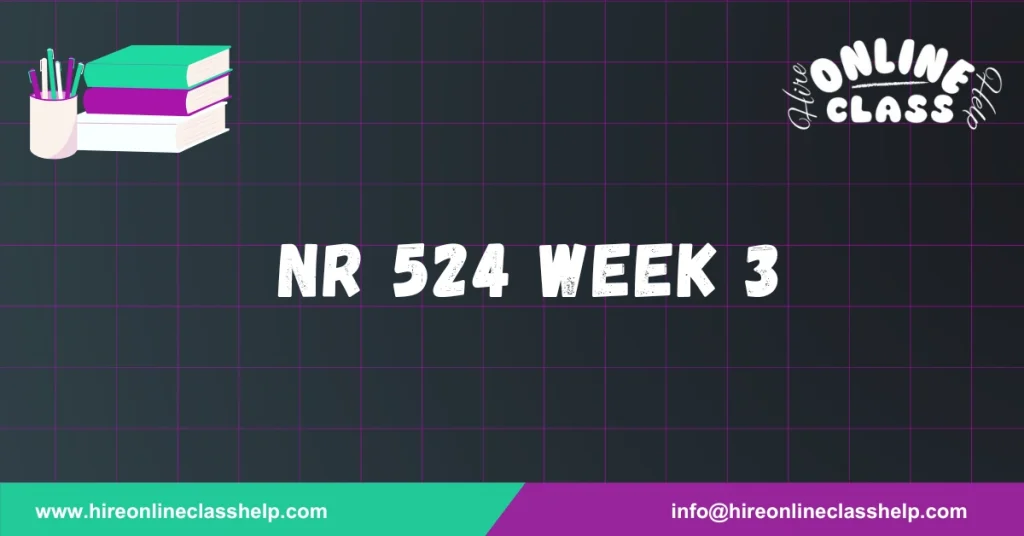
Name
Chamberlain University
NR-524: Curriculum Development
Prof. Name
Date
The essentials of baccalaureate education serve as a framework for evaluating the effectiveness of nursing programs. According to this week’s readings, the framework provides nine key areas that a graduate should have achieved by the completion of their program. These essentials are fundamental for ensuring the competency and preparedness of nursing graduates. For instance, O’Neil (2016) highlights that students achieve Essentials Two and Seven by taking on leadership roles in problem-solving tasks. The American Association of Colleges of Nursing (AACN) Essentials of Baccalaureate Education are integral to undergraduate nursing education, as they set standards for evidence-based practice.
Nursing students are assigned program outcomes that align with these essentials, ensuring a comprehensive educational experience. O’Neil (2016) further discusses a capstone policy course that helps students develop the necessary skills to meet the nine essentials, which is offered during the senior year of the program. This course is divided into six sections that incorporate each of the nine essentials, ultimately resulting in students demonstrating competence in both practice and the understanding of these key areas. It is evident that the AACN Essentials play a crucial role in shaping nursing programs, providing a consistent framework that ensures universal teaching standards across educational institutions.
At Christian University College of Nursing, the organizing framework acknowledges the influence of Patricia Benner’s concept of progression from novice to expert, as well as Martha Rogers’s theory, which forms the foundation of the program’s study. Benner’s theory highlights the stages a nurse progresses through, starting as a novice and advancing to an expert level, which is reflected in the ADN program. Additionally, Rogers’s metaparadigm of nursing (which includes human being, environment, health, and nursing) is tied into the program’s framework, supporting key values such as leadership, service, compassion, authenticity, research, and evidence-based practice. This theoretical framework aligns with the overall mission of the college, guiding nursing students in their development as future healthcare leaders.
The Christian University College of Nursing ADN program outcomes are designed to ensure that students acquire the necessary skills and knowledge to provide quality nursing care. These outcomes are aligned with Bloom’s Taxonomy, as evidenced by the use of action verbs such as “utilize,” “demonstrate,” “collaborate,” “employ,” “provide,” and “formulate.” Upon completing the ADN program, graduates will be able to:
The inclusion of Benner’s stages of clinical competence and Rogers’s nursing metaparadigm in the organizing framework provides a strong foundation for these program outcomes, reinforcing the importance of growth from novice to expert and emphasizing the interconnection between the human being, environment, health, and nursing.
Davis, A., & Maisano, P. (2016). Patricia Benner: Novice to expert – A concept whose time has come (again). Oklahoma Nurse, 61(3), 13–15. Retrieved from https://chamberlainuniversity.idm.oclc.org/login?url=https://search.ebscohost.com/login.aspx?direct=true&db=ccm&AN=117819165&site=eds-live&scope=site
Köksal, D., & Ulum, Ö. G. (2018). Language assessment through Bloom’s taxonomy. Journal of Language & Linguistics Studies, 14(2), 76–88. Retrieved from https://chamberlainuniversity.idm.oclc.org/login?url=https://search.ebscohost.com/login.aspx?direct=true&db=ehh&AN=131324195&site=eds-live&scope=site
Mennella, H. D. A.-B. (2018). Rogers’ science of unitary human beings. CINAHL Nursing Guide. Retrieved from https://chamberlainuniversity.idm.oclc.org/login?url=https://search.ebscohost.com/login.aspx?direct=true&db=nup&AN=T903224&site=eds-live&scope=site
O’Neill, M. (2016). Policy-focused service-learning as a capstone: Teaching essentials of baccalaureate nursing education. The Journal of Nursing Education, 55(10), 583–586. https://doi-org.chamberlainuniversity.idm.oclc.org/10.3928/01484834-20160914-08